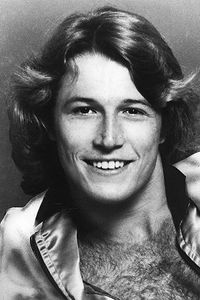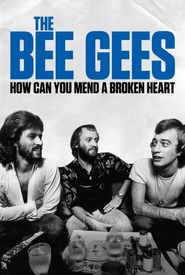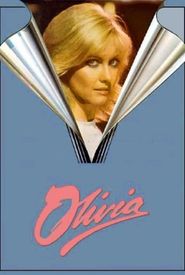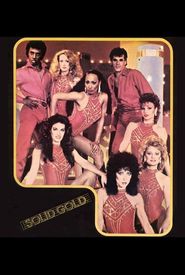Andrew Roy Gibb, a multifaceted individual, was born into a family of renowned musicians as the fifth and final child to parents Barbara and Hugh Gibb. With three older siblings, Gibb grew up surrounded by the music industry, as his family was collectively known as The Bee Gees.
As a teenager, Gibb began performing at clubs, with some speculating that he would join his brothers in The Bee Gees. However, Gibb sought to establish his own identity and create a distinct persona. Despite this, he faced challenges at school, where his peers perceived him as having a superiority complex due to his famous brothers.
Gibb found solace in music, but his life was marked by rapid success and the inability to break free from his brothers' shadow. His older brother Barry wrote 90% of his songs, and The Bee Gees provided backing vocals on half of his tracks. This constant intermingling of his life with his brothers' led to years of depression, which Gibb attempted to alleviate through substance abuse and promiscuity.
Despite his struggles, Gibb continued to pursue his passion for music, dabbling in stage musicals and television, and planning the release of a new album. On his 30th birthday, he vowed to reform and promised those closest to him that he had changed.
Tragically, Gibb's body was unable to withstand the years of abuse, and he passed away just five days after his 30th birthday. Although he may have been gone for nearly two decades, his music continues to live on, with hits such as "(Our Love) Don't Throw It All Away," "Man on Fire," and "I Just Want to Be Your Everything" remaining timeless and full of life.

























